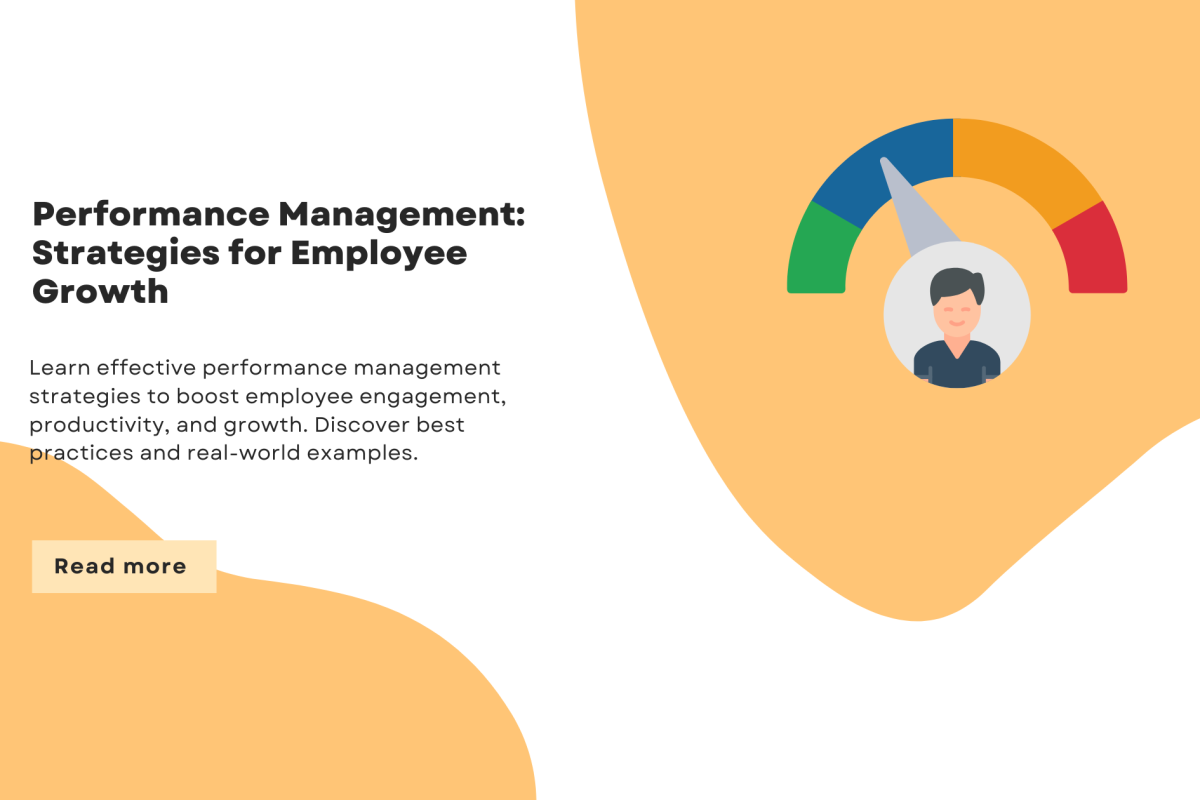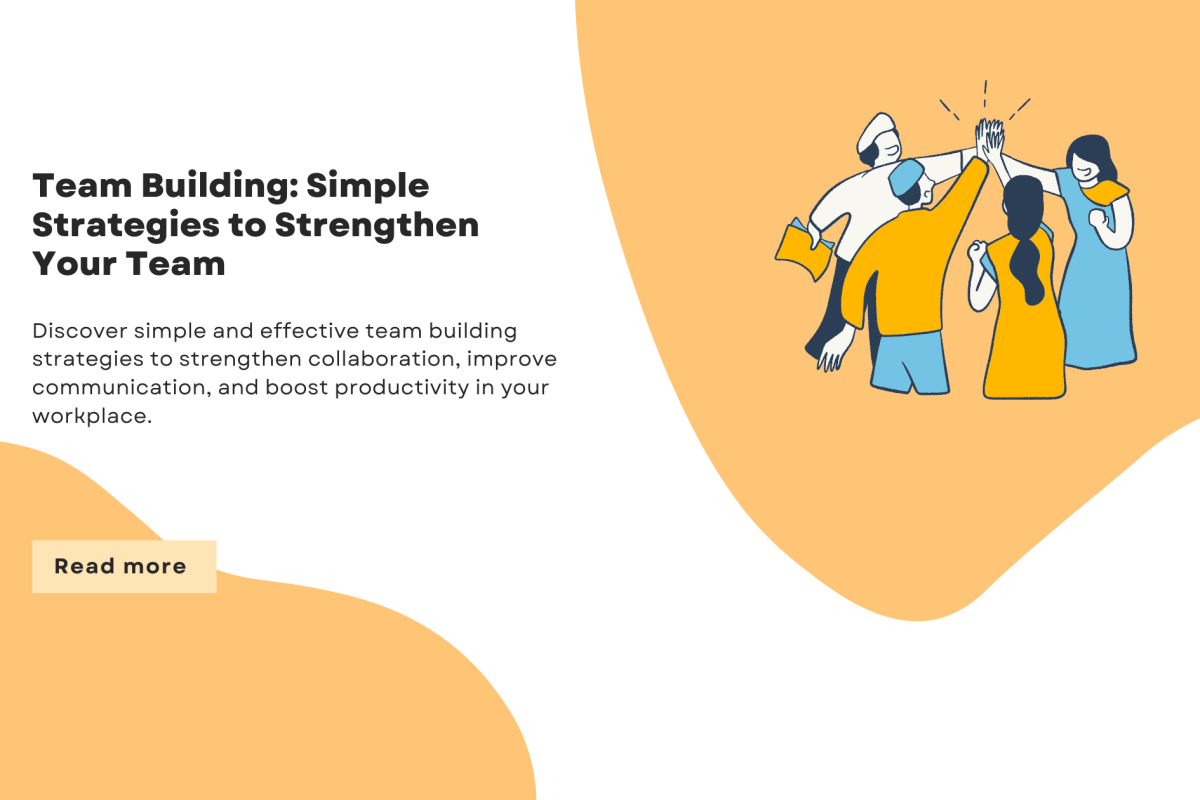Economic turbulence can shake even the strongest organizations. However, companies with a resilient company culture are better equipped to weather storms and emerge stronger. In 2025, with global markets in flux, fostering resilience has become a key leadership priority.
Understanding Cultural Resilience
A resilient culture refers to an organization’s ability to maintain its core values and adapt to change without compromising team morale or performance.
Characteristics of Resilient Cultures
- Strong internal communication
- Trust in leadership
- Employee empowerment
- Adaptability to change
These traits help organizations remain grounded during crises.
Leading with Transparency and Trust
During uncertainty, transparency is crucial. Leaders must communicate openly and often.
Best Practices for Transparent Leadership
- Share financial updates and business outlook regularly
- Involve employees in decision-making
- Be honest about challenges while emphasizing opportunities
Transparent communication fosters trust, reduces fear, and aligns everyone with the organization’s mission.
Empowering Employees Through Autonomy

Resilience grows when employees feel they have control over their work. Empowerment builds confidence and accountability.
Empowerment Tactics
- Allow flexible work arrangements
- Provide opportunities for skill development
- Recognize initiative and innovation
A culture of autonomy and ownership enables employees to adapt more easily to external stressors.
Prioritizing Well-Being and Psychological Safety
Employees can’t thrive in a culture where they feel unsafe. Prioritizing mental health is non-negotiable for resilient companies.
Key Actions to Promote Well-Being
- Implement mental health programs
- Normalize conversations around stress and burnout
- Train managers in emotional intelligence
Organizations that care for their teams build emotional resilience alongside operational resilience.
Embracing a Growth Mindset
Cultures that view setbacks as opportunities are naturally more resilient. A growth mindset promotes learning, innovation, and perseverance.
How to Foster Growth Mindset
- Celebrate failures as learning experiences
- Encourage continuous improvement
- Offer feedback constructively and frequently
This mindset creates a foundation for agile problem-solving during turbulent times.
Conclusion
In uncertain economic conditions, company culture becomes a critical asset. Leaders must intentionally cultivate resilience through trust, empowerment, and adaptability. By doing so, they ensure their organizations not only survive but thrive—regardless of what lies ahead. For more information, visit our website
Frequently Asked Questions
1. What is a resilient company culture?
It’s a culture that adapts to change, maintains team morale, and upholds core values during crises.
2. Why is trust important during uncertainty?
Trust reduces fear and increases alignment, helping teams stay focused and collaborative.
3. How can we empower employees effectively?
Offer flexibility, provide learning opportunities, and recognize their contributions.
4. What role does well-being play in resilience?
Mental and emotional health supports sustained performance and prevents burnout.
5. How can we encourage a growth mindset in teams?
Normalize failure as learning, provide constructive feedback, and promote curiosity.



